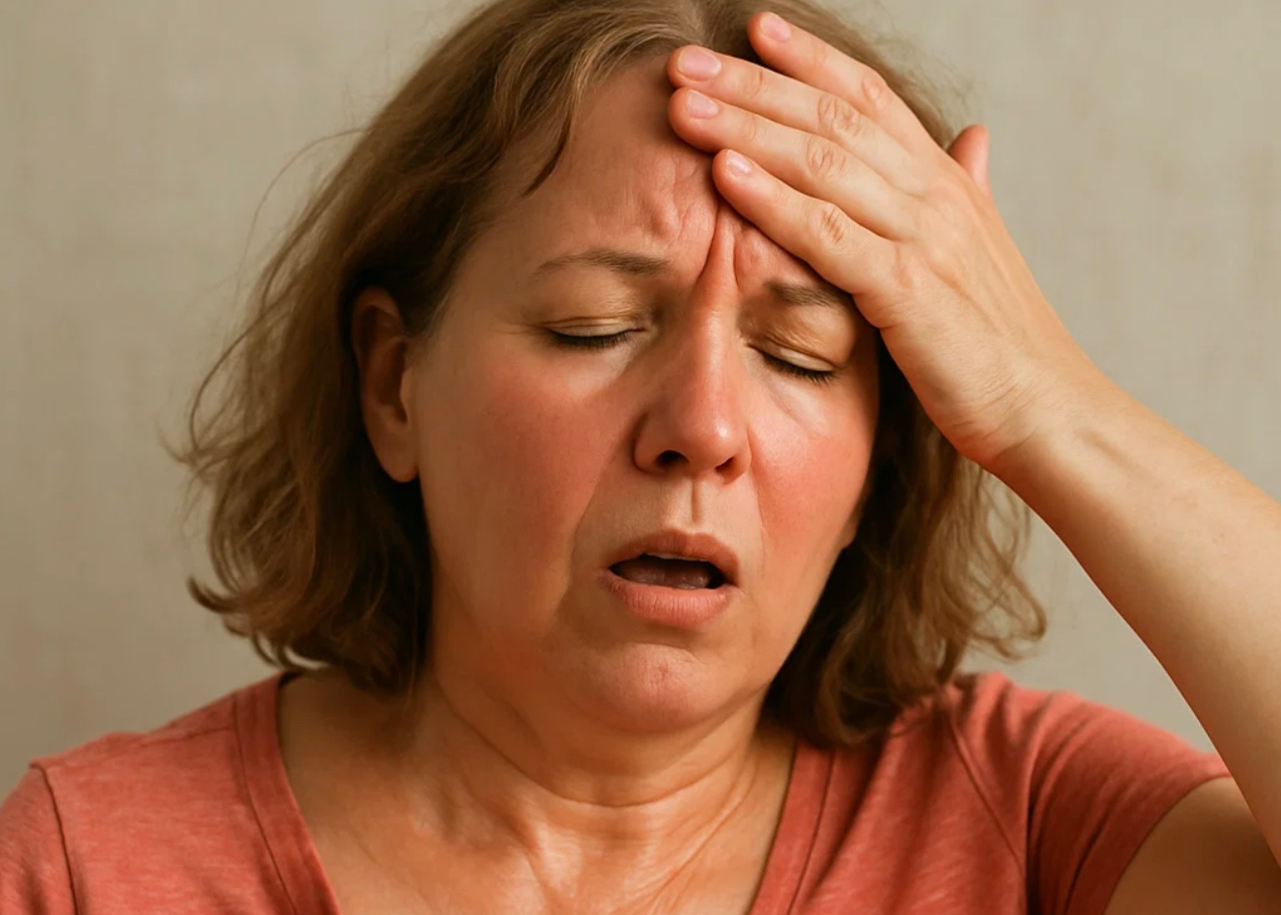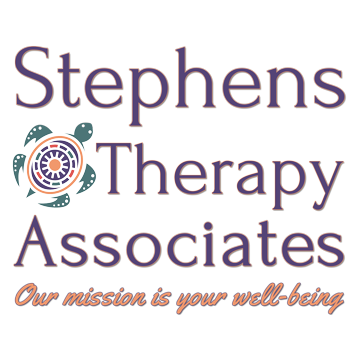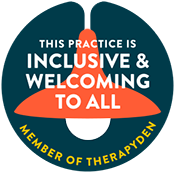Why Healing from Narcissistic Abuse Can Feel Harder During Menopause

By Brenda Stephens, Licensed Professional Clinical Counselor
Why Healing from Narcissistic Abuse Can Feel Harder During Menopause
“Why does it feel like I’m unraveling all over again?”
If you’re healing from narcissistic abuse and going through perimenopause or menopause, you’re not imagining things: it really is harder. And no, you’re not failing—your nervous system and hormones are simply carrying an extraordinary load.
Let’s break down why the intersection of trauma recovery and hormonal shifts can feel like a storm—and how to navigate it with compassion and clarity.
The Overlap Is Real
Trauma healing and menopause affect many of the same systems in your body and brain. That means when you’re going through both at once, your nervous system is under double pressure.
Both can affect:
- Emotional regulation
- Sleep quality
- Cognitive function
- Sense of self
So when hot flashes and night sweats hit at the same time as flashbacks, anxiety, or deep grief? It’s a perfect storm, not a personal failing.
Hormonal Shifts Amplify Trauma Symptoms
Estrogen, progesterone, and cortisol all influence the nervous system, and all fluctuate during perimenopause and menopause. These changes can mimic or magnify trauma responses, including:
- 😵💫 Anxiety
- 💥 Rage
- 😧 Panic
- 😶🌫️ Brain fog
If you’re suddenly struggling with symptoms that had calmed down during your healing journey, it doesn’t mean you’re back at square one. Your body is doing the most, and you deserve support, not shame.
Self-Doubt Creeps Back In
Narcissistic abuse thrives on making you second-guess yourself. Unfortunately, memory lapses, brain fog, and reduced concentration—all common in menopause—can bring that self-doubt roaring back.
You may catch yourself wondering:
“Am I just imagining this?”
“Am I overreacting again?”
Let’s be clear: you are not crazy.
You are navigating trauma and biology. And it’s exhausting, not imagined.
Shame Around Aging Hits Hard
Many survivors of narcissistic abuse were targeted for how they looked, how they aged, or whether they were “good enough.” Menopause-related changes to appearance, energy, libido, and identity can reactivate those old narratives.
If you’ve found yourself grieving the loss of youth or wrestling with body shame, you’re not alone. This grief deserves acknowledgment, not judgment.
Sleep Becomes a Battlefield
Few things make trauma recovery harder than sleep deprivation, and menopause brings plenty of it.
Night sweats.
Insomnia.
Racing thoughts.
Hormonal shifts sabotage the very thing your nervous system needs to regulate itself: rest.
And without rest, symptoms of PTSD or C-PTSD may increase.
Let’s be clear: sleep isn’t a luxury, it’s medicine.
The Medical Gaslighting Feels Familiar
If you’ve ever heard:
“You’re just stressed.”
“That’s just normal aging.”
“It’s all in your head.”
Then you already know how medical gaslighting mirrors narcissistic abuse. When doctors dismiss or minimize your symptoms, it can feel retraumatizing and deeply invalidating.
You deserve providers who take your trauma and your hormones seriously.
You’re Not Failing—You’re Navigating Two Storms
Menopause isn’t the end of healing—it’s a new chapter. But it requires a new approach.
Here’s what you need to thrive:
🌿 Trauma-informed care
🌿 Menopause-aware therapy
🌿 Gentle pacing and nervous system regulation
This is not a step backward.
This is you moving forward with more wisdom, self-awareness, and compassion.
You Deserve Support That Understands Both
At the Narcissistic Abuse Recovery Center, we see you. We specialize in helping women heal from narcissistic abuse with full awareness of how menopause and hormonal changes impact that journey.
You are not broken.
You are not alone.
You are reclaiming yourself—even when the path is hard.
Let us walk with you.
www.narctrauma.com






